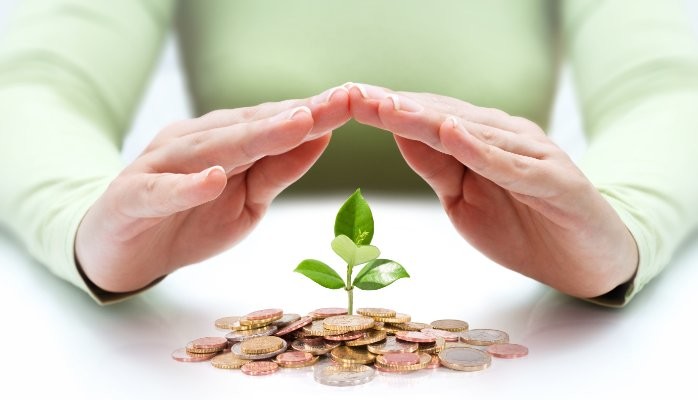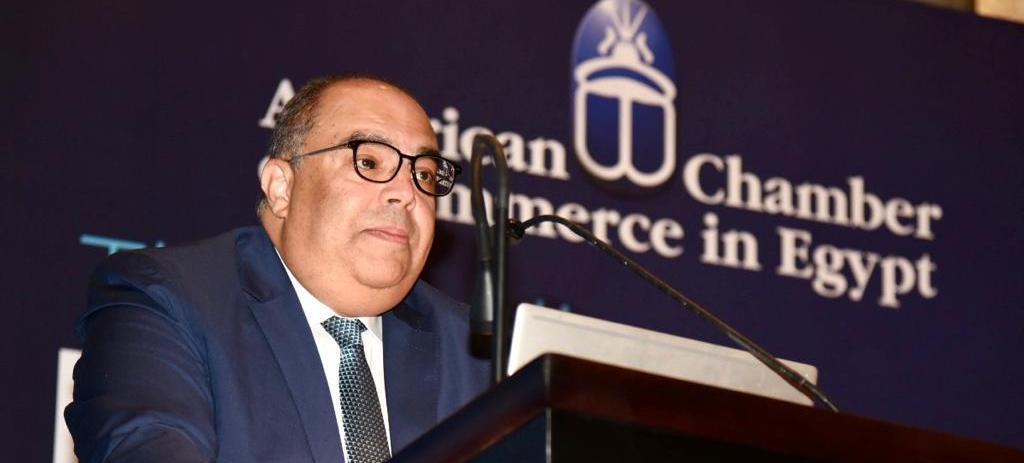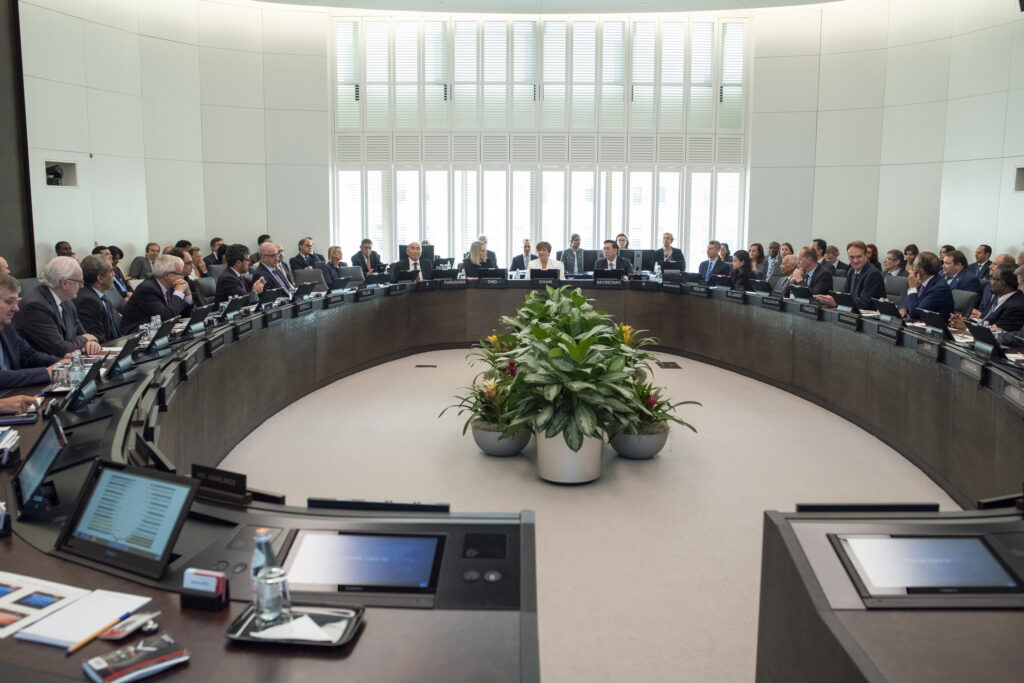Savings holders in Egypt are looking for a haven to protect their finances from the economic fluctuations that are being caused by various factors such as the war in Ukraine, the ongoing impacts of COVID-19, and the recent Israel-Palestine conflict in Gaza.
Egypt is grappling with a challenging economic situation marked by the Egyptian pound’s lowest performance, a moderation in foreign direct investments (FDIs), a significant US dollar shortage in the local market, and escalating inflation. These challenges are compounded by the vulnerability of individuals’ purchasing power and the elevated costs for businesses.
“During such times, I believe investment diversification is the best way to go. Don’t put all your eggs in one basket in Egypt,” Ahmed Essam, a 33-year-old Computer Engineer at WeDo IT told Business Monthly.
Essam even chose to invest in real estate and bought a house with a relaxed payment plan “as the value of future payments is guaranteed to go down.” He also converted some of his savings to foreign currency, citing limitations on gold. He expressed interest in stock market investment but cited a lack of transparency and a complicated sector in Egypt.
For Donia Khaled, a 28-year-old humanitarian worker, the US dollar was the perfect vessel for her savings.
“I have chosen dollars given the rising inflation rates in Egypt and the possibility of a second devaluation by the end of this year. In my opinion, this felt like the most appropriate choice to maintain the value of my savings, particularly as dollar savings were more feasible as opposed to very high gold prices,” Khaled told Business Monthly.
What is a safe investment?
Since the onset of the Russian war on Ukraine in March 2022, Egypt has devalued its local currency three times against the US dollar. The severe shortage of the greenback in the country, coupled with soaring inflation, has led to a significant gap between the US dollar rate in the official market and the rate in the parallel market.
While the US dollar is traded for almost EGP 31/1 USD in banks, the rate exceeds EGP 45 in the parallel market.
Ahmed El-Mekkawy, Global Markets Sales and Assistant Manager at Banque Misr told Business Monthly that in times of market turmoil, the dependency on haven assets increases, particularly in emerging markets like Egypt.
El-Mekkawy highlighted the challenges facing the Egyptian economy, including a severe shortage of foreign currency due to events over the past three years. These events include the unfavorable impact of the COVID-19 pandemic on Egypt’s tourism sector, the Russian-Ukrainian war affecting global grain exports and leading to soaring food prices, and recent geopolitical conflicts impacting Egypt significantly.
These successive crises have cast doubt on the Egyptian economy’s ability to meet its foreign external debt obligations, which stood at about $165 billion by the end of March, representing almost 35.5% of Egypt’s GDP by the end of 2022, according to El-Mekkawy.
He further explained that in such uncertain situations, individuals seek to protect and limit their losses, pondering how to preserve the value of their savings. El-Mekkawy emphasized that the answer, although straightforward – “safe havens” – involves complications that vary from one individual to another.
He added that safe-haven investments offer protection against market downswings because they provide a great store of value over time, are highly liquid, and don’t lose value or relevance through decay or damage.
El-Mekkawy explained that in the Egyptian market, amid the ongoing challenging economic situation, gold, real estate, foreign currency, and government bonds are the key saving vessels that are trending.
“If I have to choose one of the above-mentioned havens, I think real estate in Egypt has shown steady growth over the years, making it a promising investment option. Additionally, gold is often considered a haven during times of economic uncertainty, providing a hedge against inflation and currency devaluation,” El-Mekkawy noted.
Stock market gains
Meanwhile, stock market expert and board member of El Horreya Brokerage, Hanan Ramses, shared with Business Monthly that the appetite for all safe investment vehicles has increased given the implications of ongoing crises. She noted that cryptocurrencies and the stock market have become among the most preferred savings vessels, alongside gold, government bonds, real estate, and hard currency.
Since the creation of Bitcoin in 2009, cryptocurrencies have experienced a surge in popularity and are collectively worth over $1 trillion, according to a report by the Council of Foreign Relations. Ramses emphasized that individuals’ approaches have matured to the point where they are aware that fortunes can be made during times of crisis. They benefit from rate differences and find protection and growth in the safe havens for their investments.
Regarding the high-yield certificates of deposit (CDs) offered by banks in Egypt, either in local or hard currency, Ramses noted that ongoing crises have demonstrated that these types of saving vessels are no longer attractive for saving holders. as the yield they provide does not match the soaring inflation experienced in the country.
In September, urban inflation in Egypt reached a new record level of 38%, significantly exceeding the Central Bank of Egypt’s inflation target of 7% (±2%) on average in the fourth quarter of 2024.
“I recommend the stock market as the best haven for saving holders at the moment, especially in strategic shares floated by big names in the Egyptian Stock Exchange in the EGX30 index.
Additionally, investment funds are a good place to invest savings, as these entities have experience in fortune management, especially for pensioners,” stated Ramses.







